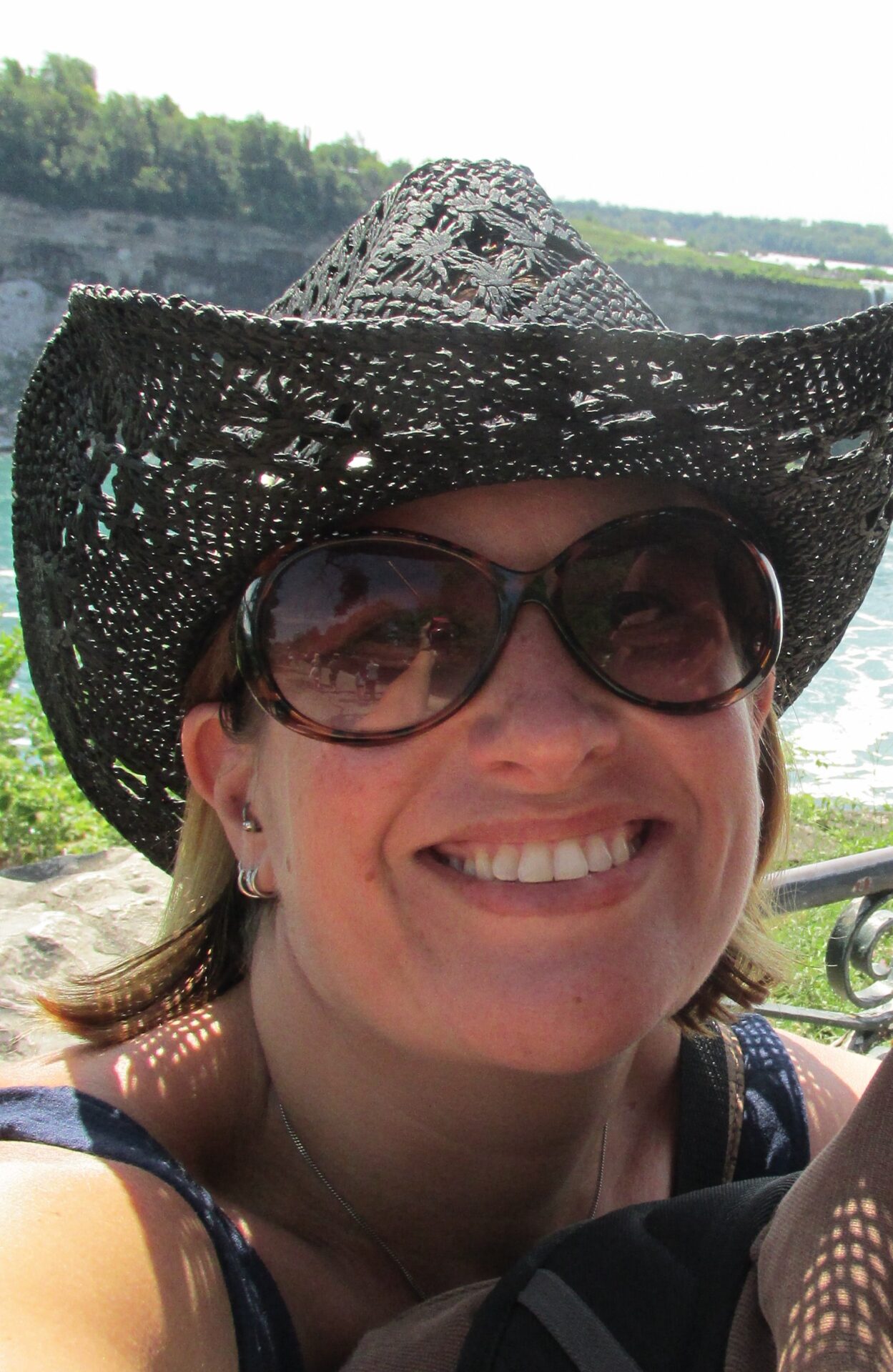
Jo Hockenhull
Specialist Team
I have been passionate about animal welfare from an early age but it took me a while (and three degrees) to work out how best to turn this passion into a job that I love. After failing to get the grades I needed to train to be vet I turned to Plan B and did a degree in Zoology. This introduced me to the fields of animal behaviour and animal welfare research, and suddenly becoming a researcher in one or both of these areas became my mission. It took another year out of academia followed by a master's degree to narrow down my focus to applied animal welfare research. I went on to complete a PhD investigating the welfare of UK leisure horses and have been working in animal welfare research ever since. My research has spanned a variety of species and subjects including the uptake of livestock health initiatives by farmers, the use of antimicrobials in food producing animals and pig farmer engagement with the welfare component of their farm assurance scheme.
A Chat with Jo
Tell us a little bit about you and your journey into behaviour change?
Quite soon after I started working as an animal welfare researcher, I realised that we could do all the research we wanted but nothing would change for the animals until we changed the behaviour of the people involved – whether they own the animals, look after them or eat them. However, there seemed to be a bit of a gap between that realisation and what was happening in practice. In search of answers, I went to an early workshop on behaviour change run by some of the HBCA team before HBCA was founded and was hooked - this was the missing piece of the puzzle. Since then, I have attended as many HBCA events as I could and then was lucky enough to join the extended team. This really opened my eyes to how behaviour change science can be used across different subject areas and settings and made me even more passionate about the value of applying it in practice.
Why does the science of behaviour change matter?
It is all too easy to jump to conclusions about why people do what they do without having any real evidence. These assumptions can cause all sorts of problems from failing to encourage positive change to alienating the people you are trying to work with. Behaviour change science has so much to offer, from providing frameworks to help you collect and analyse data and facilitating your understanding of why something is happening, to helping you design and implement effective interventions to address it.
What is the most inspiring behaviour change intervention you have come across and why?
This question is so hard to answer, there have been so many. For me personally, it was a lesson at school when I was 6 or 7 years old about the environment and sustainability. I can’t remember exactly what was said or how it was delivered. Apparently, afterwards I was a total tyrant about turning off lights and appliances in empty rooms and not leaving the tap running while cleaning my teeth. Those habits have stuck, and I have gone on to share them beyond my poor family to practically everyone I end up sharing a space with!
What’s your vision for behaviour change for the next five years?
The application of behaviour change science to help understand different issues and facilitate change has increased substantially across a range of areas over the last decade or so. I would like to see this increase continue and behaviour change science being applied effectively to the key issues we are facing globally. I would like to see a move away from the tendency to think that we know why people behave the way they do without asking them and that telling people what they need to do is enough to change their behaviour. Improving our understanding of what influences the behaviour of different people, societies, and cultures so that we can work together to generate positive change for our planet and its inhabitants.
Why do you like working with HBCL?
I am inspired by the people involved in HBCL and love the wide variety of different areas covered by the work. Every new project is an exciting learning curve as you enter a new world and start to look at things differently. I have met some wonderful, enthusiastic people, shining brightly in their chosen area that otherwise I would never have encountered.
Top tip for individuals or organisations getting started with behaviour change?
I found the theory side of things a bit daunting at first so don’t be put off by that. Keep an open mind, talk to lots of people and ask lots of questions, share experiences and remember there are people out there who can advise and guide you.
I loved my time working as part of the HBCA extended team and the opportunities it provided to learn about and work in different areas. I strongly believe in the ethos of HBCL and the people involved and would love to be part of this new initiative going forwards.
